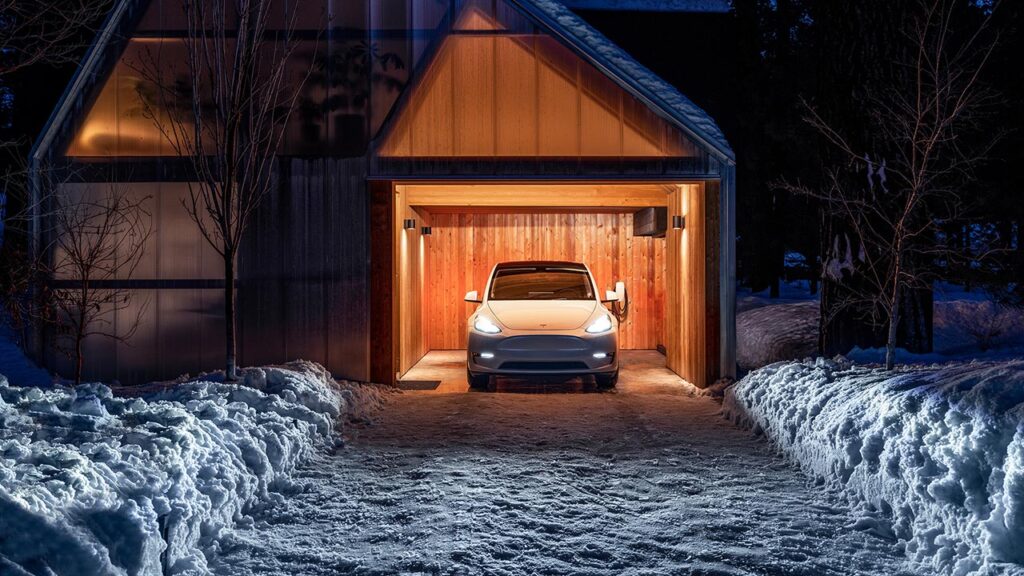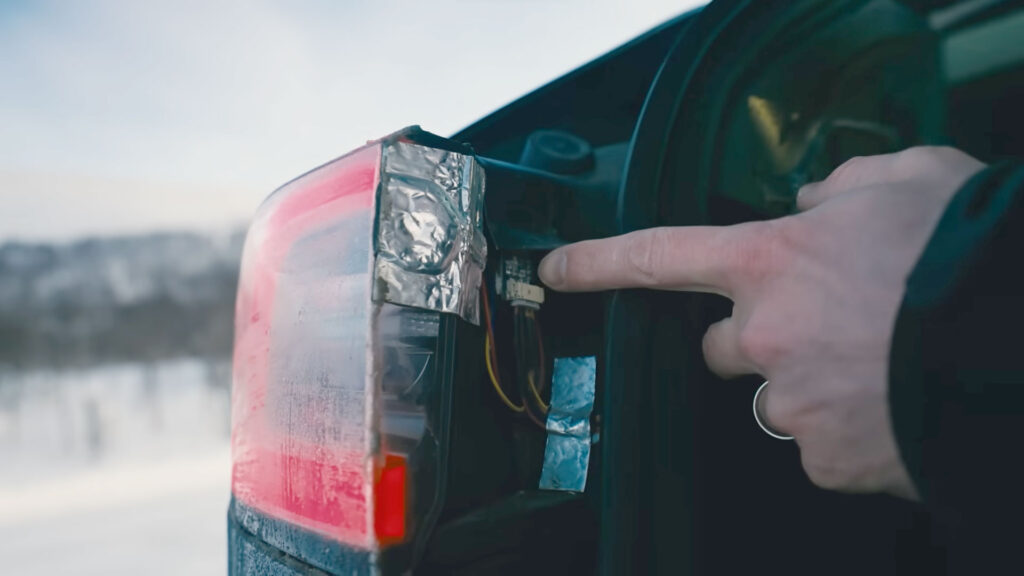Tesla released a new video on its YouTube channel and on the sister social media platform X (formerly Twitter) on Friday. This video takes us to the electric automaker’s dedicated extreme cold weather testing facility developed just a few kilometers below the Arctic Circle in Norway.
Tesla’s field quality engineers from Norway briefly explain how they perform extreme cold weather testing on Tesla vehicles.
The automaker featured Tesla Model Y and Model X in this video because these electric SUVs are better suited for such rugged terrains and off-roading.

The temperature at Tesla’s Arctic Circle cold weather testing location varies between -10°C (14°F) and -15°C (5°f). According to the Tesla engineers Johannes and Andreas, the temperatures can drop down to -27°C (-16.6°F) on a windy day here.
Tesla’s cold weather testing is done in the field and relies on real-world data. This allows Tesla to measure customer experiences in advance. The automaker then adjusts its hardware and software accordingly to the expectations of Tesla owners.
“Testing is important because we can predict what the customer will experience when they are actually driving here,” the Tesla engineer said.
Tesla field quality engineers don’t even ignore the small stuff. For example, Tesla owners who live near the shores and then drive towards the mountains on the weekends experience frozen water accumulated around the wheels and the wipers. Tesla vehicles are tested for such scenarios and are adjusted accordingly under the automaker’s continuous improvement philosophy.
Tesla engineers also tested Model Y and Model X vehicles on an icy and slippery road. Tesla seems to have created this slippery road on purpose. Earlier this year, we saw a Tesla Model Y leveraging the Off-Road Assist Mode feature to gain traction on a wet, icy, and slippery surface.
So, Tesla already has features to utilize in such situations but they still need constant tweaking. Fortunately, Tesla vehicles have the capability to receive free over-the-air (OTA) software updates.
“We’re trying to replicate customer scenarios and finding all the challenges with driving a car in the northern Scandinavian parts,” the engineer stated.

Tesla even tests how the lights of their vehicles perform under extreme cold weather conditions. As we can see in the above picture that a sensor is installed on the taillight of a Model Y. This sensor measures humidity, temperature, and pressure that the interior of the light experiences during testing. The acquired data will help Tesla improve vehicle components in the future.
Just last week, I received an email from Tesla with the subject line “Tested at the Ends of the Earth”. However, it only contained information about the previous extremely hot weather testing in the deserts of Dubai. But with the release of the following video, I now know that it was actually signaling the extremely cold-weather testing.
Tesla’s first cold-weather testing facility is located somewhere in Alaska, USA. Now that it’s summer, Tesla has set up a cold-weather testing site in Auckland, New Zealand where it’s currently evaluating the Cybertruck.
The automaker never disclosed its cold weather testing facility in the Arctic Circle, Norway. Maybe a few people knew about it but it was not much popular. Since Tesla is producing Model Y at Giga Berlin, it’s good to have the testing infrastructure in the native region for better localization of the vehicles.
Stay tuned for constant Tesla updates, follow us on:
Google News | Flipboard | X (Twitter) | WhatsApp Channel | RSS (Feedly).


